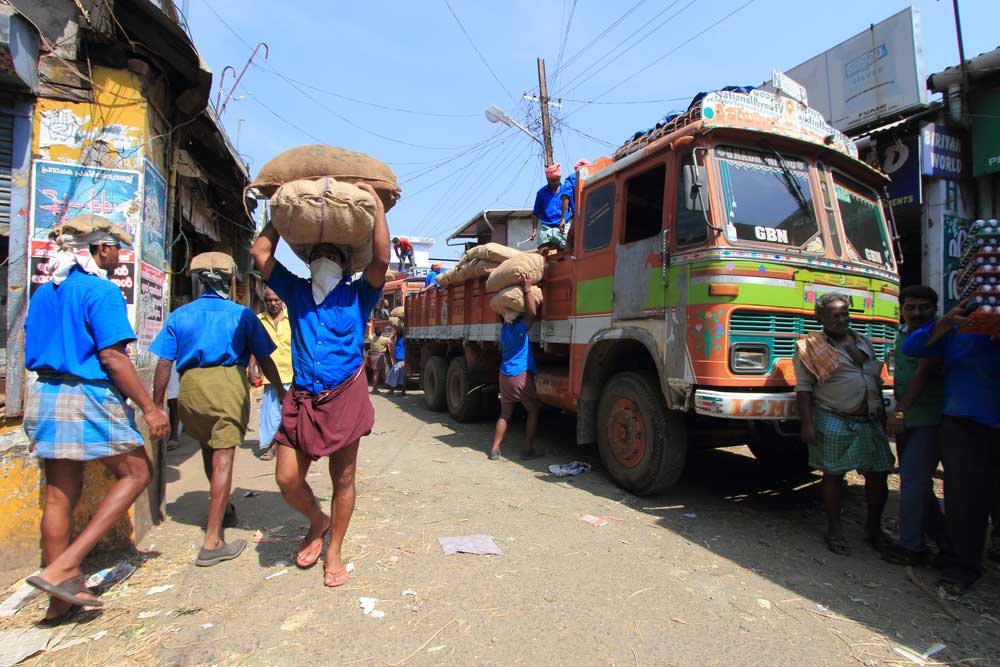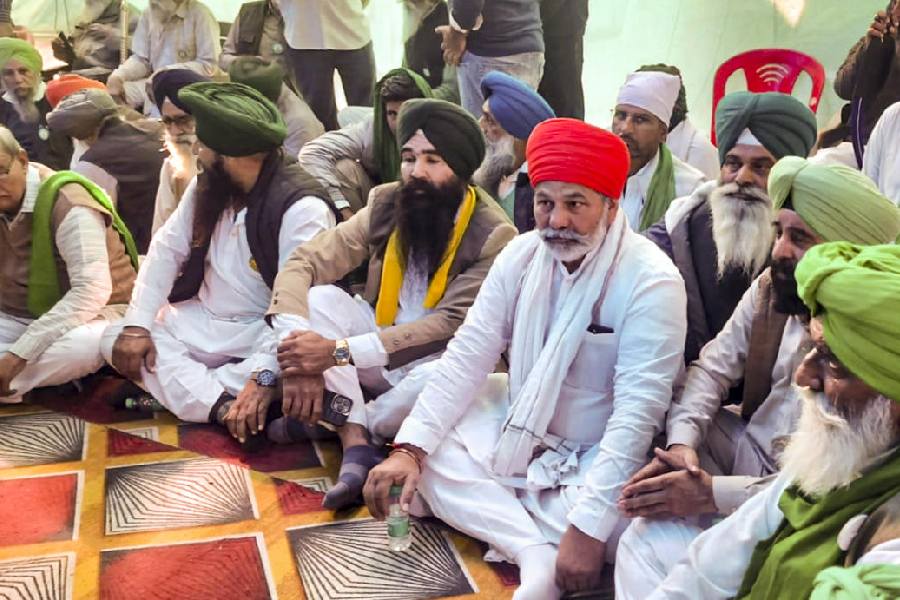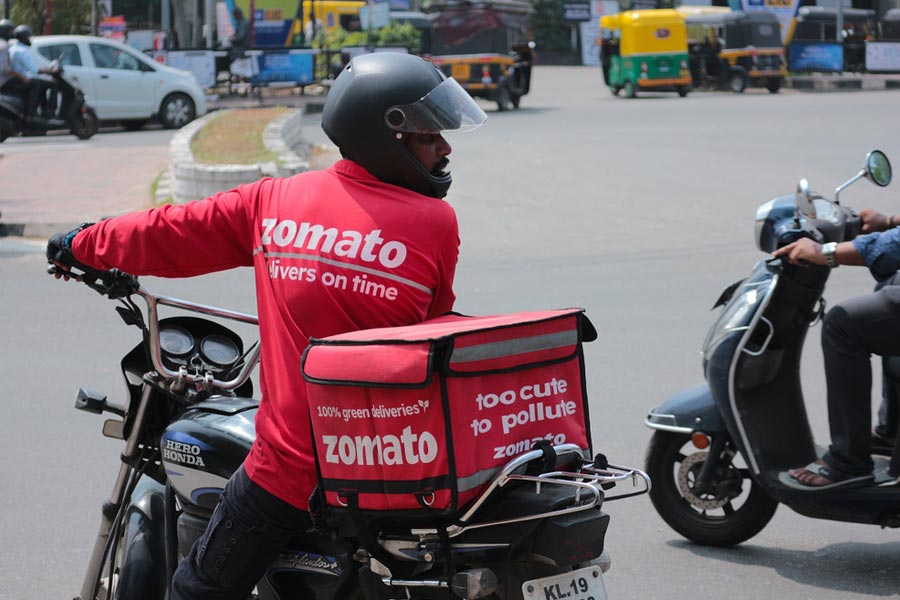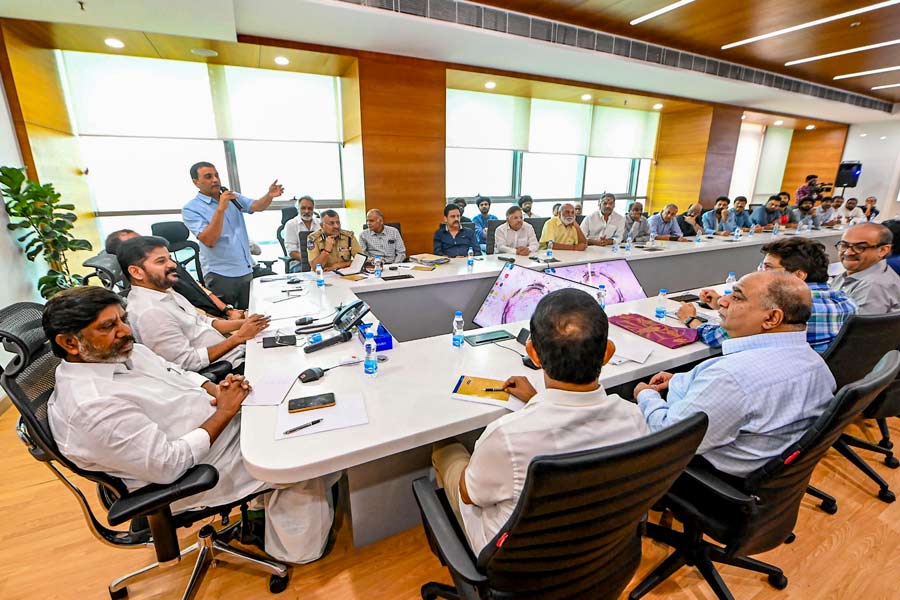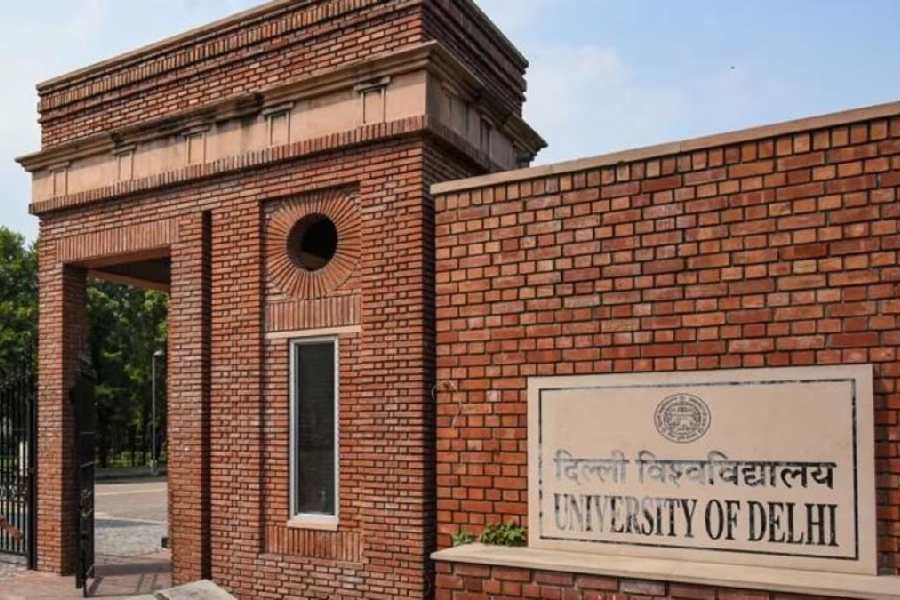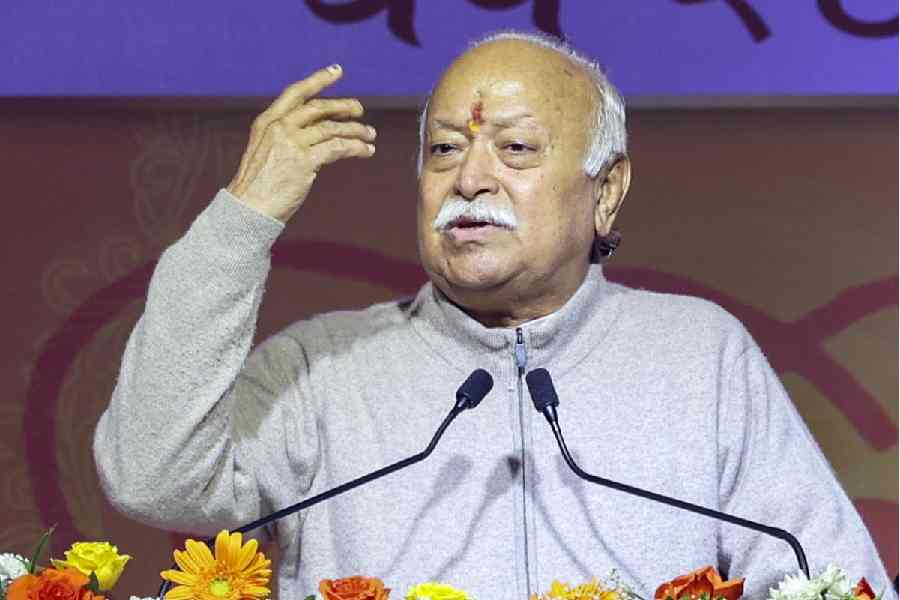The lockdown has dried up rural job scheme projects, prompting demands that the government pay wages for this period to all the registered workers, including those forced to sit idle through no fault of their own.
But the government seems unwilling to oblige although it has prodded private employers and public companies to pay employees their full salaries for the lockdown period even if they are unable to work.
A senior rural development ministry official agreed that work under the scheme remained crippled because of the lockdown but said the Mahatma Gandhi National Rural Employment Guarantee Act did not provide for wage payment to those denied work because of the lockdown.
“There is no provision for payment of wages to workers for the period they do not work. They can only be compensated for delayed payment, or paid an unemployment allowance if not provided with work within 15 days of demanding it,” he said.
The job scheme website shows that work has been provided to 10.89 lakh workers in the first 10 days of the new financial year, which is less than one per cent of the 12.84 crore registered workers.
Of the 2.63 lakh gram panchayats in the country, rural job scheme projects are going on in only 35,000 — at a time the programme could have become a lifeline for the lakhs of suddenly unemployed migrant workers who have returned to their villages.
Ironically, this near-paralysis of the job scheme coincides with the government raising the wages under it by an average of Rs 20 a day from this financial year.
The 1.7 lakh crore assistance announced recently for the lockdown-hit poor under the Prime Minister Garib Kalyan Yojana took into account the wage hike for MGNREGA workers.
Social activists Nikhil Dey and Aruna Roy have petitioned the Supreme Court seeking wage payment to all the registered MGNREGA workers for every day of the lockdown up to 100 days. The court is yet to pass any directions.
Speaking to The Telegraph, Dey regretted that the scheme — which provides for up to 100 days of unskilled work for every rural household in a year — was virtually dysfunctional on the ground at a time of national distress.
He said the lockdown was keeping the panchayat offices closed, thereby freezing any decisions on community projects or permission for work that benefited individual families.
On March 28, rural development minister Narendra Singh Tomar had written to all the chief ministers asking them to encourage projects that benefit individuals, such as horticulture or the digging of ponds or wells on personal land.
This kind of work can be done by the beneficiary individual alone — against MGNREGA wages — thus facilitating social distancing.
However, Dey argued, the beneficiary-cum-workers need to secure permission for such projects from the panchayat offices, which are now closed.
He flagged a letter the labour ministry recently wrote to private and government organisations asking them not to cut salaries or lay off employees who are unable to report for work during the lockdown period.
“The labour ministry letter applies to both government and private employers. But the rural development ministry (which handles the rural job scheme) is not ready to pay wages to its 13 crore workers during this period,” he said.
“It’s not the workers’ fault that they are unable to participate in MGNREGA projects.”

